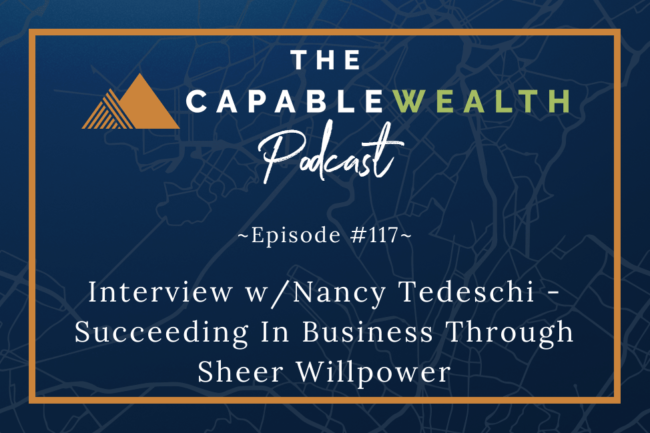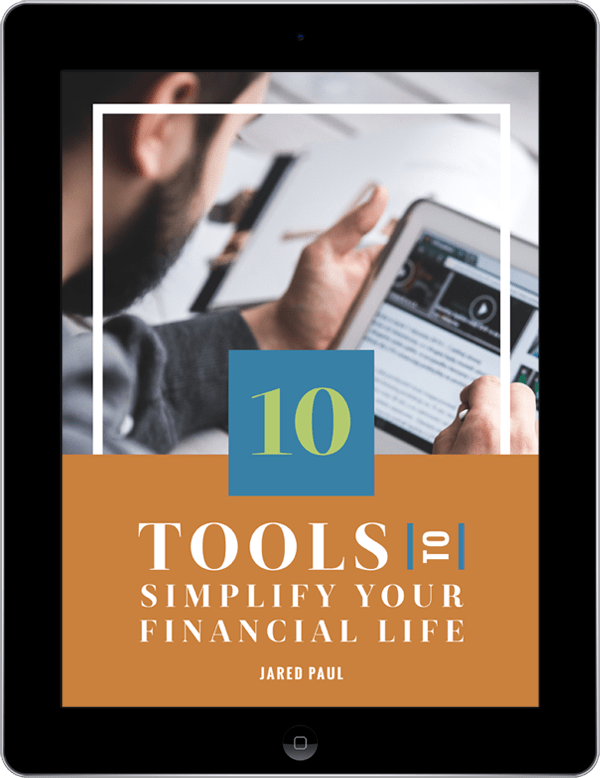The other day I was hanging out with my brother. He proudly announced to me that he had purchased tickets to the Yankees playoff game for he and his wife.
Once the Yankees had solidified their spot in the playoffs, he had gone online to see how much tickets were. Having never been to a playoff game, he was excited to finally make it to one.
When he looked at prices, he noticed that tickets in a much better viewing area were only $50 more per ticket ($100 total), so he opted to get the nicer seats.
In the past year, he has been doing well with his new career and earning some solid money in the process.
After I congratulated him, I looked at him and said, “You know what this is, right?”
“What?” he asked.
“Lifestyle creep!”
We both laughed.
I know he’s got the right mindset, so I’m not worried about him making smart money decisions. But if I hear about him buying a brand-new Porsche, or going big with a home purchase, I’m definitely going to get on his case. What else are big brothers for?!
WHAT IS LIFESTYLE CREEP?
According to Investopedia, Lifestyle Creep is “A situation where people’s lifestyle or standard of living improves as their discretionary income rises either through an increase in income or decrease in costs. As lifestyle creep occurs, and more money is spent on lifestyle, former luxuries are now considered necessities.”
In essence, it’s the phenomenon that when people make more money, they begin to spend more money.
Unfortunately, this cycle can go on forever.
LIFESTYLE CREEP IN ACTION
High Finance
I remember back in 2009 I was watching a segment on ABC 20/20. It was pretty recent after the stock-market crash and they were talking about how families were undergoing hardships.
They showed this one guy who was a big-time investor and owned a hedge fund. At the peak, he was making upward of $750,000 per year at his job.
When the recession hit, things went south in a hurry.
At the time of the news report, they were following him around while he was delivering pizzas in order to make money to support his family. Uh, did you read that!? DELIVERING PIZZAS!
This guy was making close to $750,000 each year, and because he didn’t properly save he was delivering pizzas! Are you kidding me!?
Kudos to him for swallowing his pride and doing what needs to be done to put food on the table. But this should not be the situation he is in.
During the segment, he fully admitted that it was his fault for not planning ahead. His family lived a lavish lifestyle, filled with expensive vacations, a 4,000-square foot home on a golf course, and much more. As he earned more, the family spent it with ease.
At the time of taping of the segment, the family had no savings and was facing foreclosure on their home.
Pro Athletes
You may also be familiar with the slew of statistics showing bankruptcy rates of former professional athletes.
According to a study conducted by Sports Illustrated in 2009, “By the time they have been retired for two years, 78% of former NFL players have gone bankrupt or are under financial stress because of joblessness or divorce.
Within five years of retirement, an estimated 60% of former NBA players are broke.”
These are people making millions of dollars throughout their careers as professional athletes. The moment the paychecks stop coming in, they begin a downward spiral toward financial ruin.
The reasons are numerous, but it boils down to the athletes spending way more than they have to, and burning through their money on unnecessary luxuries. Fancy cars, jewelry, a big house, on and on it goes.
It’s not all frivolous spending. Many of these individuals are spending the money for more altruistic reasons. They want to help out their friends and family, so they find themselves adding more and more expenses on to their monthly budgets.
I’ve heard of some athletes paying for 20+ people’s phone bills, mortgages, car payments, etc. This is very kind of them, but it obviously is not sustainable – the statistics prove it.
It’s a very worthy cause to help those around you, but if you don’t take care of your own financial wellbeing, eventually the money runs out and everyone loses.
The analogy I like to use is the instructions you receive when flying. As the flight attendants go through their spiel, they eventually tell you that in the event of oxygen masks being deployed you should put yours on first before helping those around you.
The reason for this is if you try to help those around you before putting your own mask on, you’ll eventually run out of air and faint. If people are relying on you for assistance, you won’t be much good to them unconscious.
The same logic can be used in your finances. If you want to help friends and family, you need to first get your own finances in order.

If not, eventually you will find yourself in hardship and will no longer be able to help the ones you love and care about.
FIGHTING OFF THE CREEP
As you go through your career, you are bound to get promotions and increases in pay. At each one of these positive moments you will find yourself in a position to afford more luxuries than before. The struggle is to find ways to avoid growing accustomed to those unnecessary luxuries, and use the additional income to build true wealth.
One way to do this is to decide how much additional income you will put towards savings, as opposed to spending, BEFORE you start to receive it.
For example, let’s say you are making $100,000, and you find out you are getting a promotion. With this new promotion, your salary is getting bumped up to $110,000. Well, before you start receiving the new increase in pay, decide how much of this additional pay you want to put toward savings and investing for the future.
Heck, maybe you can put it all toward savings and investing. After all, you’ve been living just fine on your current salary. Why do you have to change just because you’re making more money?
Studies show that humans are great at adapting. Lifestyle Creep is just another example of humans adapting. In this case, it’s adapting to spending more money because they have it to spend.
So instead of getting accustomed to a higher level of spending, maybe it would be better to save the additional income, and acclimate to a higher level of saving, helping you build true wealth.
Capably Yours,
















